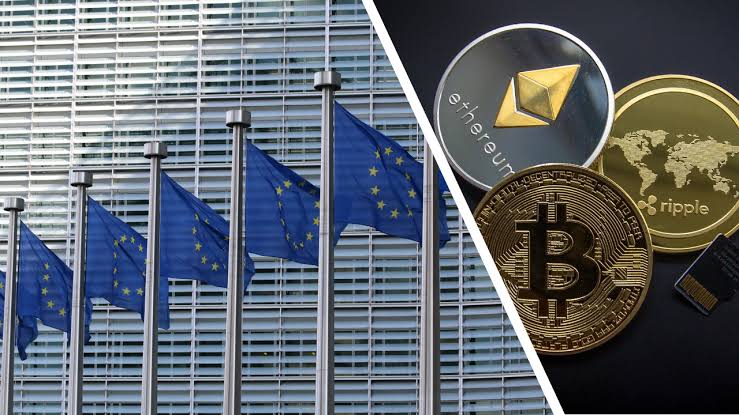Crypto assets should be managed as securities by default, and the independent body that govern decentralized finance (DeFi) should be granted legal status, in regard to a study certified by lawmakers at the European Parliament which was published recently.
The report appears as the European Union bring to a conclusion its Markets in Crypto Assets (MiCA) regulation, deliberating whether a sequel will be required to cover extra areas such as DeFi, staking and non-fungible tokens (NFTs).
The report argued that all crypto assets should be deemed a transferable security insinuating they would fall under the EU’s tough governance and authorization rules that binds traditional stocks and bond rendered unless and until a national regulator says otherwise.
That default rule “shifts the onus of gathering the technical facts and arguing the scope of regulation” to industries from regulators, opined the report wasdrafted by a panel of scholars from various universities in Luxembourg, Sydney and Hong Kong, which was petitioned by the European Parliament’s Economic and Monetary Affairs Committee.
Without changes, “we are skeptical that MiCA will have positive short-term effects given the difficulties of enforcing its rules in an opaque cross-border context,” in which 10,000 crypto protocols vie for the lightest possible regulation, added the document, though its findings aren’t a formal position of the European Parliament.
The crypto industry has been overrun by a lack of clarity on whether rules and codes of conductdesigned for traditional financial securities apply to digital assets. United State Securities and Exchange Commission’s Chief Gary Gensler has hold back to saying whether major cryptocurrencies such as ether (ETH) constitute securities under his jurisdiction, but a series of legal actions against companies such as Ripple have led to accusations of regulation by enforcement.
With MiCA passed and constituted into law, EU agencies charged with the role of banking and securities markets must now set out a constituted comprehensive framework to put it into effect. Even before then, the European Systemic Risk Board, an EU panel responsible for monitoring financial stability risks, has called for further laws to fill in what MiCA leaves out.
U.K. experts have also been perusing the legal status of decentralized autonomous organizations (DAOs), a potential precursor to regulation of a sector which the report says is a “Wild West” of “fraudsters and thieves.”


